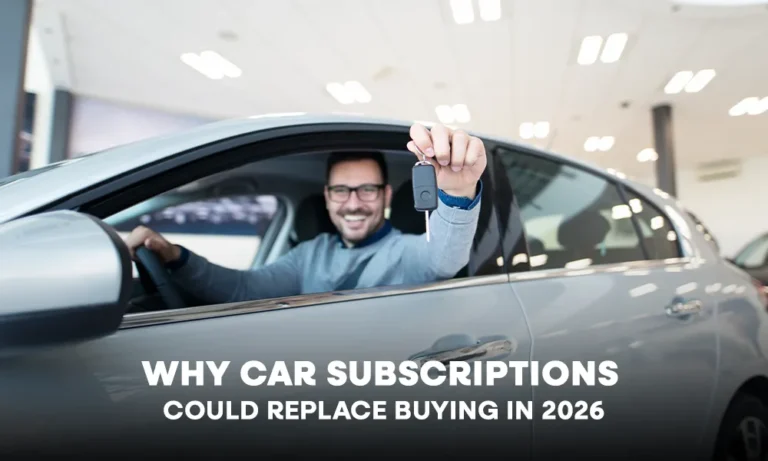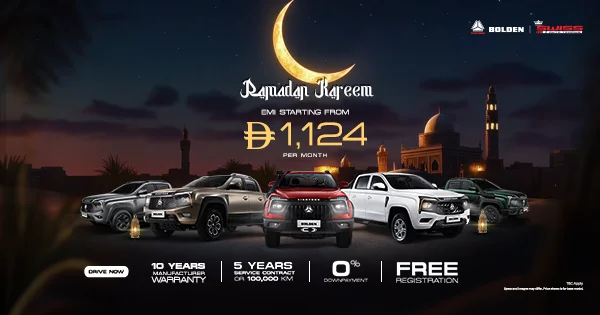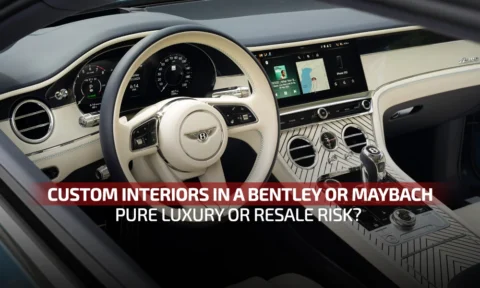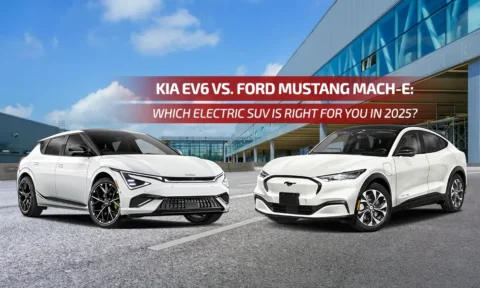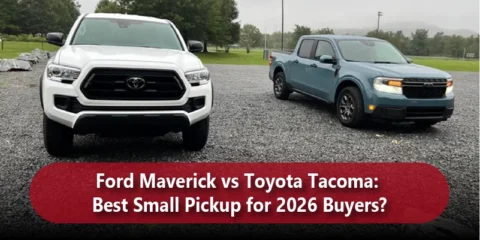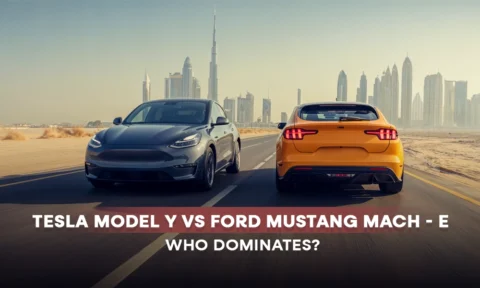I’ll admit, I used to consider owning a car to be the ultimate symbol of freedom. That moment when you get the keys, slide into the driver’s seat, and think, “This is mine.” But lately, I’ve been asking myself a different question: Do we really need to own cars anymore?
And the more I think about it, the more I believe that by 2026, car subscriptions could replace traditional car ownership to a great extent.
Let me explain.
What are car subscriptions?
For those of you who are not familiar with car subscriptions, it’s basically a method of acquiring a car without buying or leasing it. All you need to do is sign up online, choose your car, and pay a monthly fee. This fee usually covers everything from the vehicle itself, insurance, registration, servicing, maintenance, and even roadside assistance. Once you’re set up, the car is either delivered to you or you pick it up from the provider.
The best part about this arrangement is the flexibility it gives you. If your needs change, you can swap your car in for another one, say a compact hatchback, a family SUV, or an EV. You could even pause/cancel the subscription without long-term financial headaches. It’s like “on-demand mobility”, a simpler, more adaptable way to drive.
Benefits of car subscriptions
1. Flexibility Without Commitment
Think about it—life changes fast. Maybe you start a new job with a longer commute, or suddenly need a bigger car because your family’s growing. With a subscription, you can just swap your compact for an SUV, or trade in the SUV for a sleek EV when you’re ready. No messy resale process, no “I’m stuck with this car for 10 years” feeling. It’s a completely flexible process.
2. All-In-One Convenience
Car ownership comes with additional recurring costs like insurance, maintenance, registration, and roadside assistance—the list never ends. When you get a car subscription, all of those costs get bundled together, and you pay just one monthly fee for the car. No more stressing about surprise repair bills or paperwork. It’s more like getting a Netflix or Spotify subscription, but for your car.
3. Perfect for the EV Transition
We’re standing right at the brink of the electric revolution. But here’s the thing: EV tech is improving so quickly that the car you buy today could feel outdated in just a few years. Subscriptions let you stay up-to-date—upgrade when the range gets better, or when a cooler model hits the market, without worrying about depreciation.
4. Urban Living Has Changed the Game
In cities, parking is expensive, traffic is a constant worry, and there is always the ride-hailing option. Many of us don’t actually need to own a car full-time. With a subscription, you have the freedom to drive when you want, without the year-round costs of ownership. It’s like having access without the burden.
5. Financial Freedom
This was the factor that made the whole scheme seem attractive to me. Buying a car either requires you to invest a huge chunk of cash or ties you up with many years of loan payments. Subscriptions help you keep things liquid. You don’t have to worry about resale value or whether you’ll even break even down the line. You just pay for the experience, and don’t really invest in an asset.
Parting Thoughts: Are Subscriptions Likely to Replace Buying?
I think there is a high probability of car subscriptions replacing buying in 2026. Given the numerous advantages, including flexibility, convenience, easy EV transitions, adaptability to urban living, and financial freedom, car subscriptions are likely to become a common mode of commuting in the near future. Possibly, the older generation would find it difficult to adapt. But for the younger generation that values access over ownership, this is likely to become an attractive option to purchasing a car. Subscriptions could be the norm by 2026, not the exception.
I think I quite like the idea, especially when I think about the hassle of ownership, including insurance renewals, breakdowns, and depreciation. I feel I could do without the burden of ownership and simply enjoy the freedom to drive.
Keep up with what’s driving the auto world with Ask About Cars.


